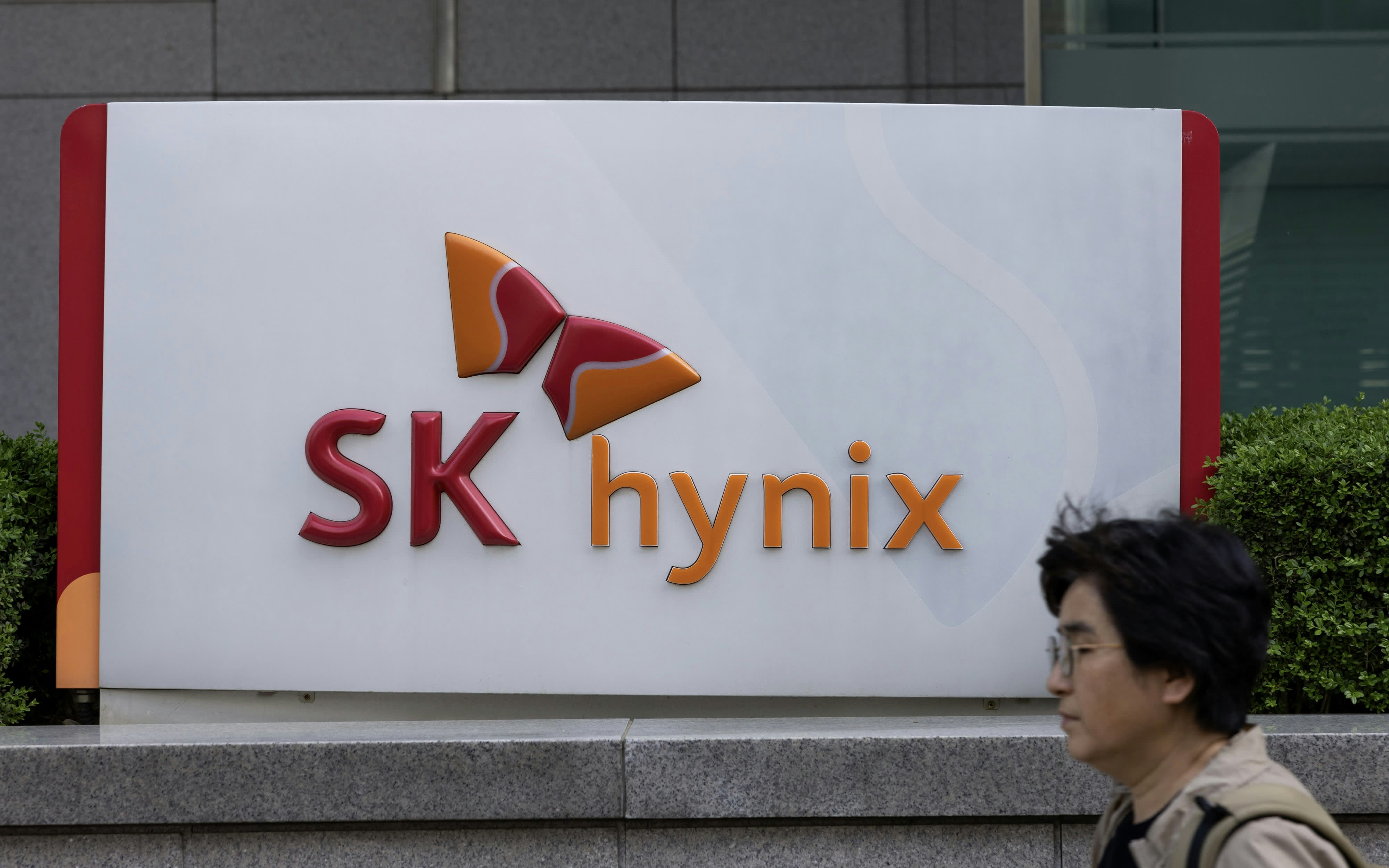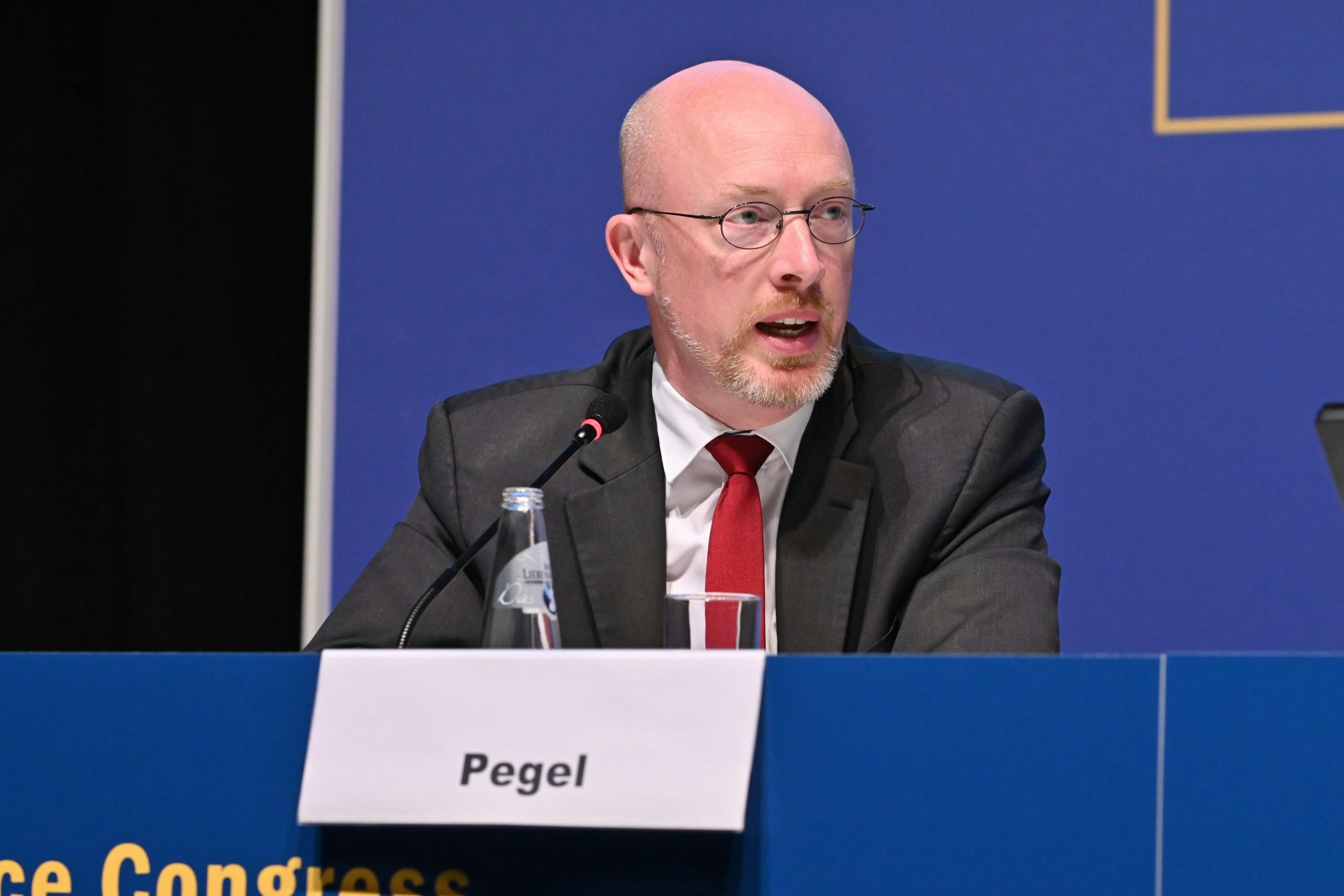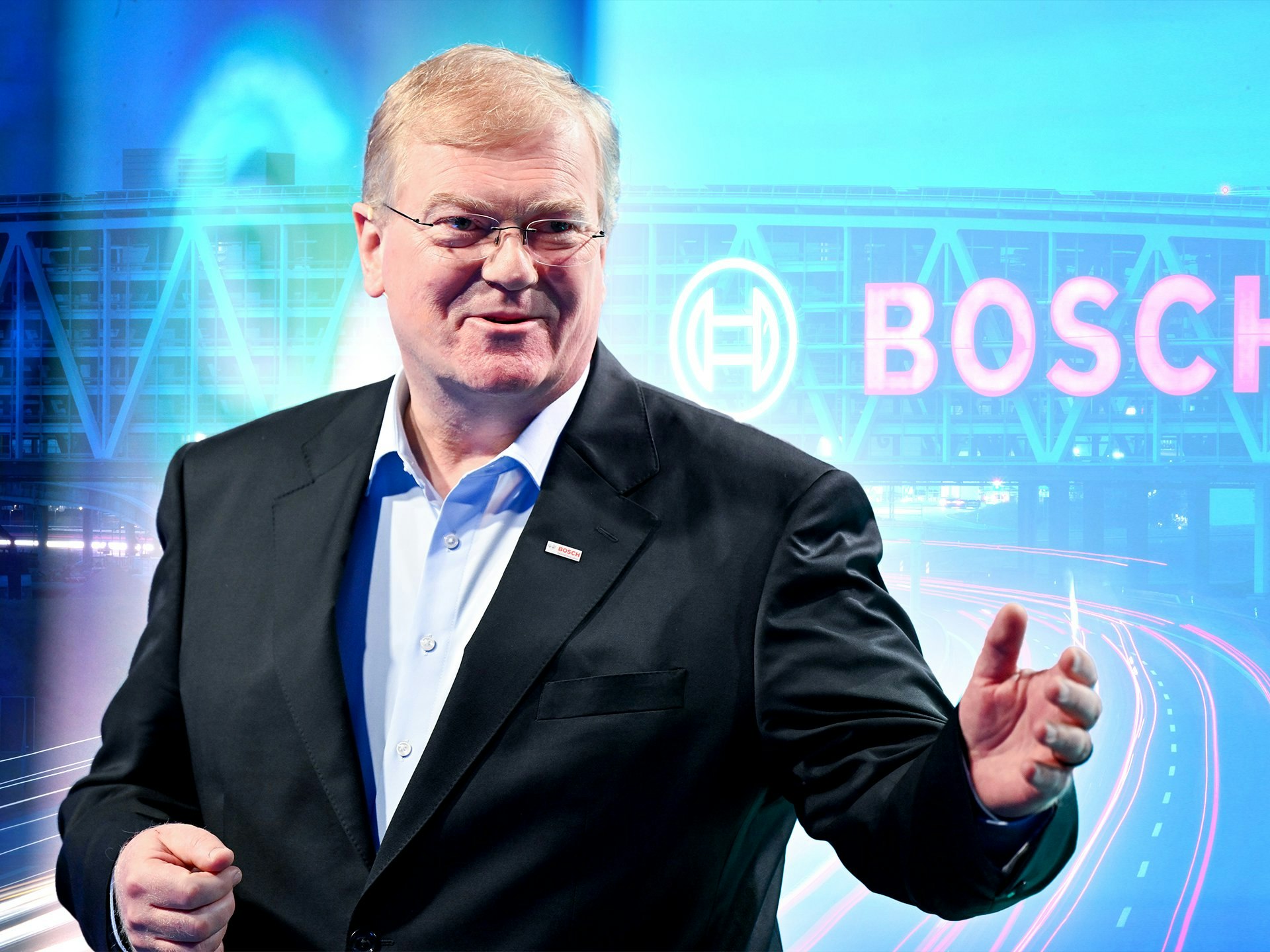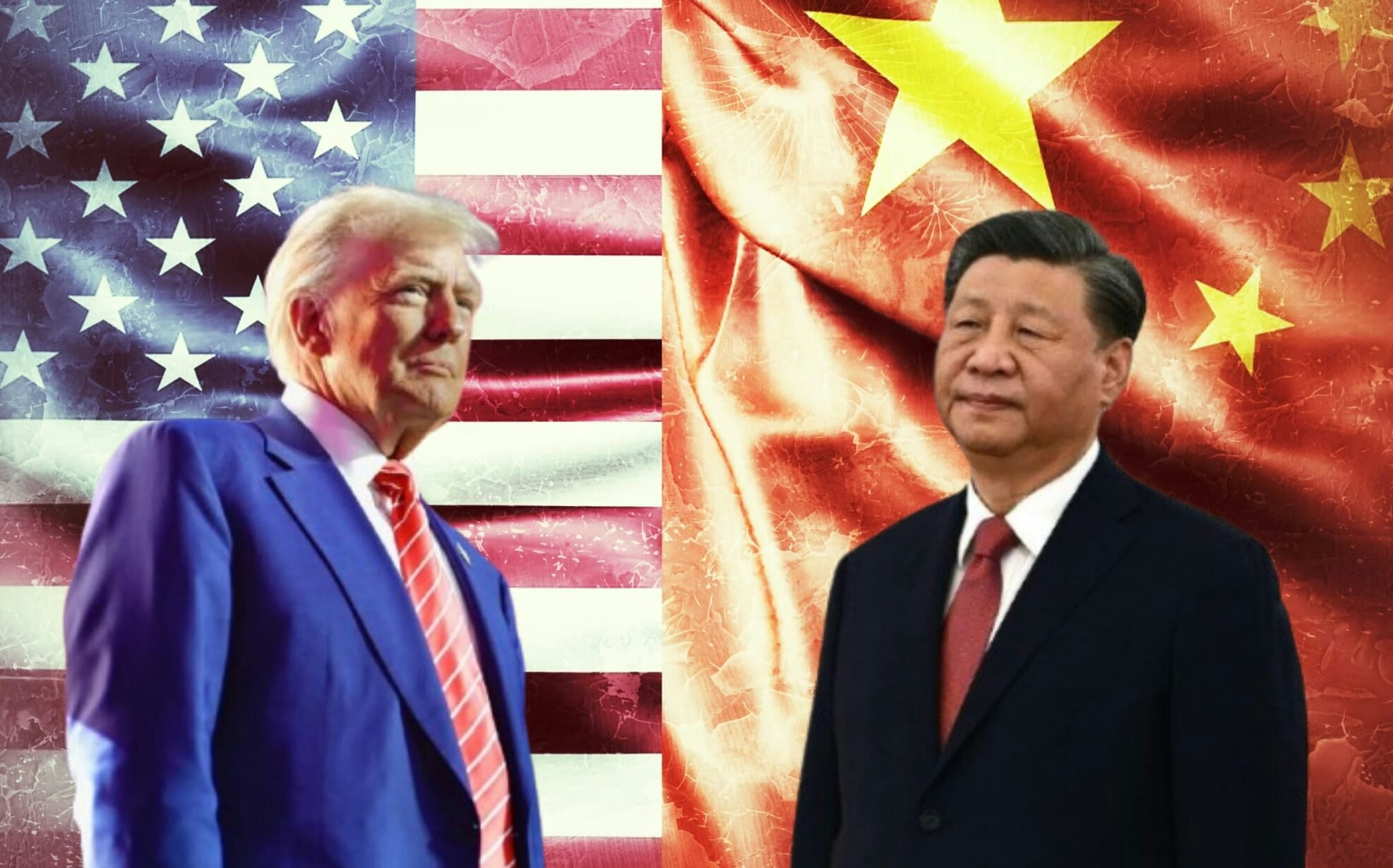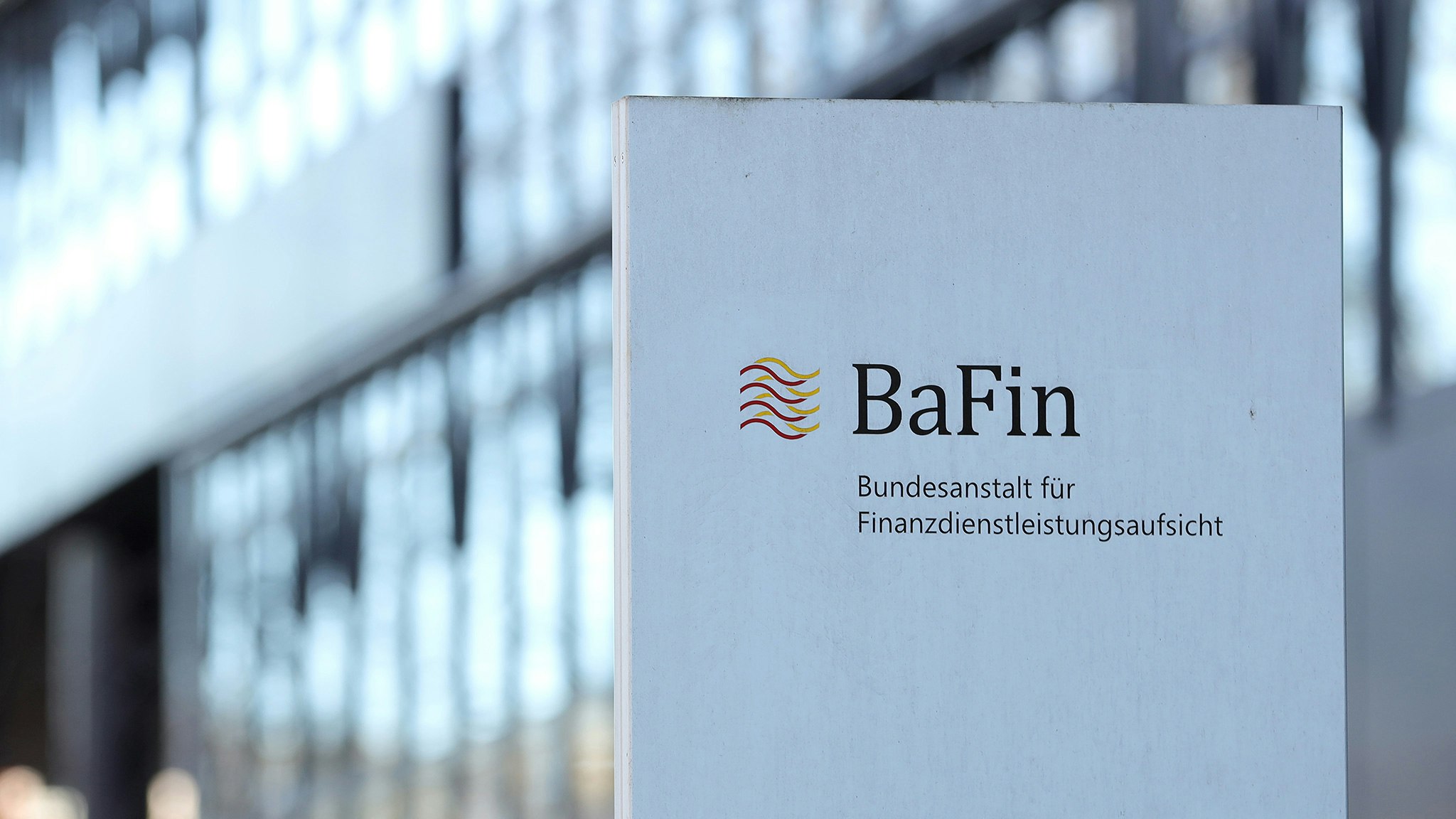South Korea's largest corporations accelerate their restructuring efforts as competitive pressure from China rises and new US tariffs loom. Companies in the steel, petrochemicals, retail, semiconductor, and electric vehicle battery sectors are divesting non-core businesses or merging subsidiaries to free up capital and focus more on future markets.
The number of mergers and acquisitions in South Korea rose from 817 to 930 in 2024, while their total value increased from $50.8 billion to $68.3 billion, according to data from Dealogic. Industry experts expect this trend to accelerate further in 2025 in light of the US's protectionist trade policies.
The restructurings in Korea are primarily driven by a defensive stance," said Jaewoo Lee, Managing Partner at Ropes & Gray in Seoul. "Many companies are preparing for economically challenging times.
The SK Group has reduced the number of its business units from 716 to 660 in just the first nine months of 2024 and sold divisions like car rental, specialty gases, and polyurethanes to private equity investors.
Other corporations are also focusing on streamlining. Steel giant Posco shed 45 unprofitable subsidiaries in 2024 to free up capital for growth areas. Lotte Group plans to divest its overseas interests in the chemical sector and the ATM business as domestic consumption weakens and the population declines.
The economic conditions are tense: South Korea's central bank lowered its growth forecast for 2025 to 1.5 percent, after it was 2.3 percent a year ago. Additionally, exports fell by 4.7 percent in the first two months of 2025 compared to the previous year.
Companies are particularly concerned about US President Donald Trump's plans to impose 25 percent tariffs on South Korean steel and aluminum and to review duties on cars and semiconductors. Subsidies for electric vehicles could also be cut — a problem for SK Group, which relies heavily on the US market with its battery division SK On.
Moreover, South Korean companies are under pressure from China's technological catch-up. The investment gap in research and development between the two countries grew from 9 billion USD a decade ago to over 150 billion in 2023, as reported by the South Korean industry association FKI. FKI President Ryu Jin recently warned: "The window of opportunity to revive our growth momentum is closing.
While many companies are rethinking their structures, market leader Samsung has so far held back. The group, whose 22 subsidiaries suffered a market capitalization loss of 23 percent in 2024, is focusing on targeted investments in robotics, AI, and biotechnology instead of restructuring. "We are strengthening our core competencies with a long-term focus," explained Samsung Electronics.
Despite consolidation pressure, experts see no emergency sales. "Private equity investors have plenty of capital, and there is only a limited number of attractive sales objects," said Lee. "Companies are concerned, but not desperate.


